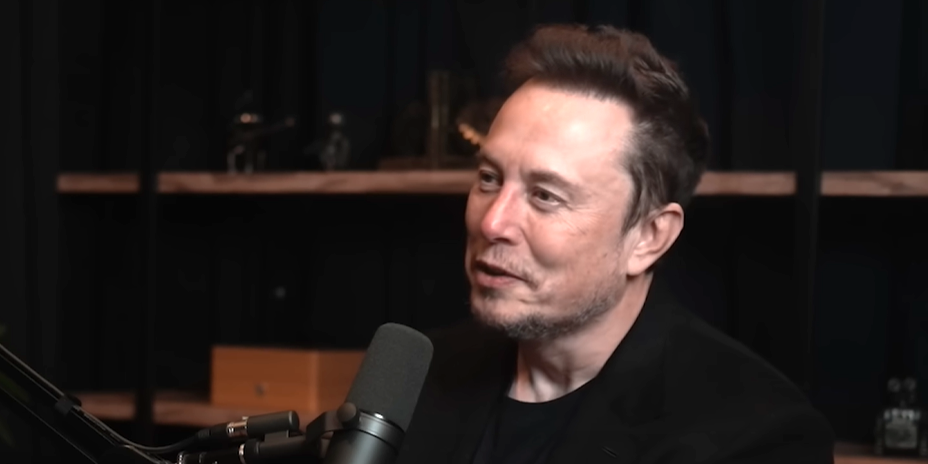Critics are already sounding alarms over the economic and political risks.
Others are reading now
The national debt looms large over the United States, a constant reminder of decades of fiscal strain.
Policymakers have long debated how to control government spending without derailing essential programs or risking political fallout.
Now, an unconventional proposal is turning heads—not for its modest reforms, but for its radical scope.
The Department of Government Efficiency (D.O.G.E.), spearheaded by Elon Musk and entrepreneur Vivek Ramaswamy, aims to cut $2 trillion in federal spending.
Also read
President-elect Donald Trump has tapped the two to lead this ambitious venture, which promises sweeping changes to the federal workforce and government operations.
But critics are already sounding alarms over the economic and political risks, according to Ziare.
Could Trigger Decline
D.O.G.E. isn’t a formal government department but rather a consultative group. It carries Musk’s name, giving the initiative significant weight and public attention.
Its bold objectives include reducing federal personnel by up to 75% and dissolving various government agencies.
Such cuts, proponents argue, would eliminate waste and inefficiency. However, experts point out that mandatory programs like Social Security, Medicare, and defense already dominate the federal budget.
This leaves discretionary spending — funds for non-defense programs — as the primary target. But even if these budgets were eliminated entirely, it would fall short of the $2 trillion goal.
Economic repercussions loom large. Analysts warn that cutting millions of federal jobs could trigger a decline in consumer spending, further slowing economic growth.
Federal employees make up a significant portion of the middle class, and mass layoffs could ripple through local economies.
Markets, too, are uneasy. Investors fear that drastic spending cuts might lead to deflationary shocks, slowing investment and stoking recession fears.
Meanwhile, Musk’s influence has already stirred political tensions. Recently, he rallied Republican lawmakers to block a bipartisan budget deal, raising concerns over future legislative gridlock.


